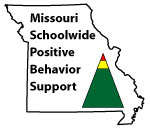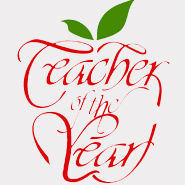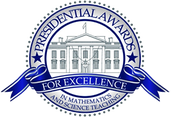Cultivating America is something that exemplifies my teaching style. Some might think the materials are vague. That is by design. I will never be that master teacher who claims to have all the answers, and I will not be the guy who writes you a script to follow with your students. While many are deficient in the content, I knew I needed to provide some guidance, but I will not tell you how to teach it. Each educator must add her own personality to the lessons.
There is a focus on looking for the details, looking at the forest and the trees - appreciating the grandeur and the beauty of a vista while then investigating the components that make it work. This is an excellent start to teaching students how to write an organized paragraph.
There are chances to tell the real stories - more compelling than the latest juvenile fiction and more disgusting than recent horror movies. Here are characters who are full of depth, flaw, vision, and heritage. Here are plots with sharp edges and hairpin twists. Here is the chance to teach figurative language, inference, theme, and finding main idea and details.
There is organization to it. Here is your chance to teach cause and effect, chronology, problems and solutions, and more. You need to teach text structure? Here you go.
Here you find economy, politics, geography, and history, but there is also mathematics, reading, science, writing, listening, and speaking. For good measure, I threw in music, physical activity, and visual art.
There is simple observation and data collection to high-order thinking skills with all kinds of analysis, evaluation, synthesis, and development.
There are opportunities to ask questions, starting with What do you notice? and ending with What do you wonder? My students learn quickly to start with what they already know (which could be very little) and put the rest together. Sometimes the lessons leave them with more curiosity than they entered the classroom with.
There is variety, sometimes giving teams a chance to work together and wrestle with the material. Also here are entertaining content delivery, sometimes heavy with drama, but many times with an infusion of humor.
There is an intentional focus on character and citizenship. Actions have consequences. Actions have equal and opposite reactions. Reactions can take a relationship in multiple directions. In our class, we do not shy away from meeting the needs of children on a daily basis, stopping any academics that may be expected to deal with issues that arise. We know that behavior and relationships must be in place before the "three Rs". At the same time, we can also infuse these U.S. history lessons with proactive messages to quell the problems before they arise.
My hope is that I am not the only one who uses the material collected on our Cultivating America page, but even if I am, I have grown and learned in putting it together, and its completion feels pretty nice. I will continue to add to and change the materials here, even now, into the fourth decade of my stay in the profession.









































